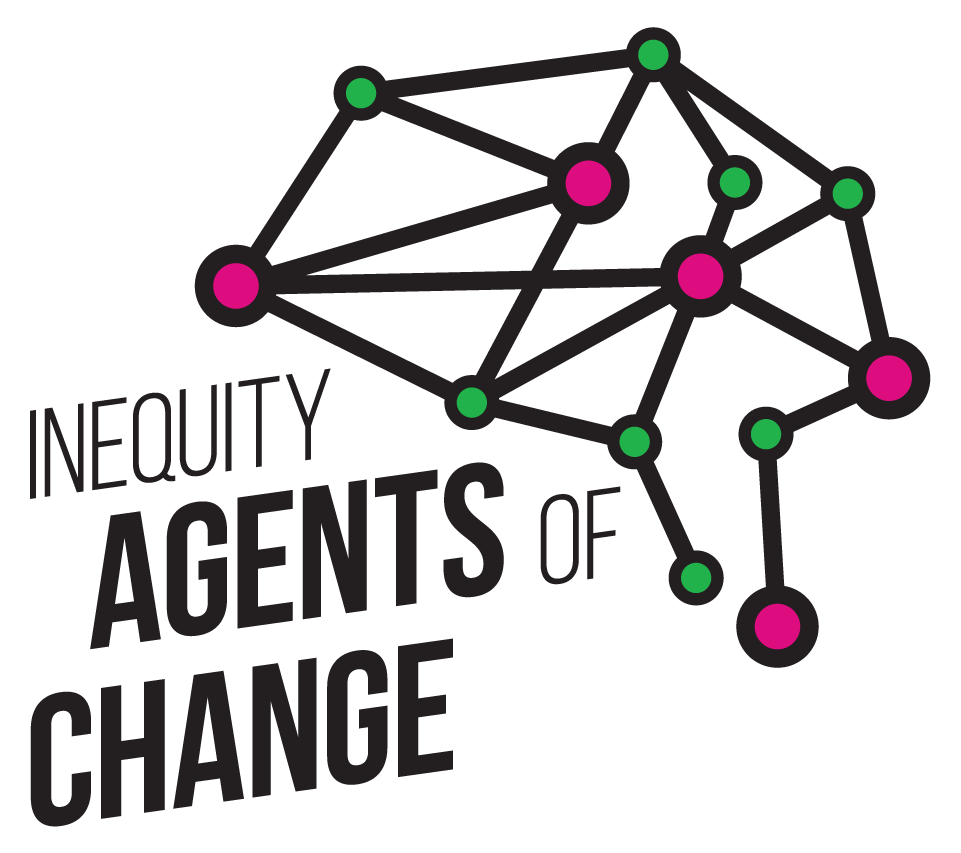The full title of the latest version of the training is “The Bias Habit-Breaking Training: Evidence-based Skills to Reduce Bias, Create Inclusion, and Promote Equity”, but it’s the bias habit-breaking training for short. In some past work, it has also been known as the “Prejudice Habit-Breaking Intervention” (PHBI) or the “Break the Bias Habit Workshop”.
The bias habit-breaking training was the first and remains the only intervention that has been shown experimentally to produce long-term reductions in bias and improvements in equity and inclusion.
(Cox, 2023; Cox & Devine, 2019; Cox et al., 2022; Devine, Forscher, Austin, & Cox, 2012)
Over the past 17 years, Dr. Cox and his colleagues have developed and experimentally tested the bias habit-breaking training, which
equips attendees with a deeper understanding of ways that race bias, gender bias, or other intergroup biases can seep into judgments and behavior unintentionally, and
empowers people to reduce the influence of those biases by teaching a set of concrete evidence-based tools for reducing biases and creating inclusion.
The bias habit-breaking training was the first, and remains the only intervention that has been shown experimentally to produce long-term reductions in bias and increases in inclusion and equity.
For an analysis of the shortcomings of non-scientific diversity, equity, and inclusion (DEI) trainings, and a review of the of the past 16 years of research testing the bias habit-breaking training, check out this peer-reviewed paper (Cox, 2023).
Non-scientific bias trainings either do nothing or make problems worse.[1-4]
In contrast, our past work has experimentally shown that, compared to controls, training participants:
Are more concerned about racial bias as a serious problem [5-8]
Are more aware of their potential to express bias [5-7]
Have lower levels of measured implicit bias [5-6,8]
Stereotype less [8]
Are better able to identify and correct biases in themselves, in others, and in social systems [5-8]
Create more inclusive environments [6-8]
Are 65% more likely to publicly speak up against bias [6]
Elaborate and discuss bias/inequity 181% more [8]
Hire 42% more members of underrepresented groups [1,9]
Teach others about bias and inequity [6,8,10]
These effects last up to at least 3 years.[11] In another recent study, the achievement gap between White and Latin students disappeared when their teachers received the training.[12]
Dobbin & Kalev (2013). The origins and effects of corporate diversity programs
Legault et al., (2011). Ironic effects of antiprejudice messages how motivational interventions can reduce (but also increase) prejudice. Psychological Science
Paluck & Green, (2009). Prejudice reduction: What works? A review and assessment of research and practice. Annual review of psychology
Devine, Forscher, Austin, & Cox (2012). Long-term reduction in implicit race bias: A prejudice habit-breaking intervention. Journal of Experimental Social Psychology
Forscher, Mitamura, Cox, Dix, & Devine (2017) Breaking the prejudice habit: Mechanisms, timecourse, and longevity. Journal of Experimental Social Psychology
Carnes et al. (2015). Effect of an intervention to break the gender bias habit: A cluster randomized, controlled trial. Academic Medicine,
Devine, Forscher, Cox, et al. (2017). A gender habit-breaking intervention led to increased hiring of female faculty in STEMM departments (2017). Journal of Experimental Social Psychology
Forscher, P. S., (2016). The individually-targeted habit-breaking intervention and group-level change. Dissertation, UW-Madison
Saad, Gibbs, Cox, Devine, Gehlbach, McIntyre, & Xie (in prep) Breaking the Bias Habit in Class: Teacher Implicit Bias Training Reduces the Achievement Gap
Smylie, J., Rotondi, M. A., Filipenko, S., Cox, W. T. L., et al. (2024). Randomized controlled trial demonstrates novel tools to assess patient outcomes of Indigenous cultural safety training. BMC
Medicine, 22:3.
Dr. William Taylor Laimaka Cox
Dr. Cox, our Founder & CEO, is a scientist-practitioner in the realm of social justice. His work all serves the ultimate goal of understanding and reducing the injustice, human suffering, and disparities that arise from stereotyping and prejudice.
To bring the bias habit-breaking training to your organization, email Staff@BiasHabit.com
To read about responses to the training, checkout the Testimonials section, or read about the training in the media in Media Coverage.




